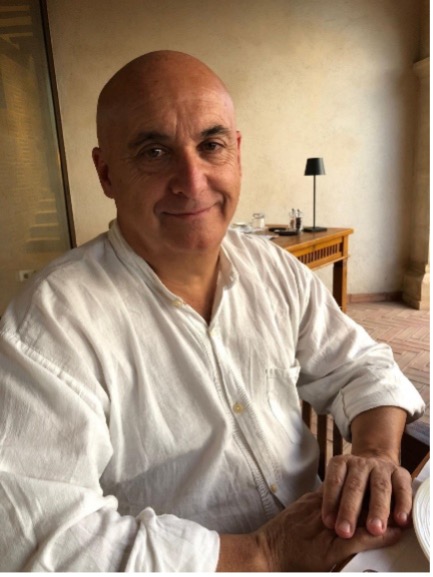I would like to reflect on the purpose of Harold Garfinkel’s breaching experiments. Garfinkel, the founder of ethnomethodology, sought to study how a radical change in the “order of common sense” disrupted the legitimate framework of beliefs about life in society—viewed from within that very society.
In one of these experiments, Garfinkel asked 68 students to bargain over the price of a product in a regular store where haggling is not the norm. One group of students was instructed to attempt this only once, while a second group was asked to try up to six times.
The results showed that students who refused to take part felt they were facing a very strange and uncomfortable situation—what Garfinkel called a “break in everyday order.” They ultimately decided not to continue. On the other hand, those who managed to overcome the initial awkwardness of bargaining—usually after three attempts—adapted to the situation and embraced it successfully. Many concluded with comments such as “I would do it again,” having internalized a new common-sense order: “It can be done, so I will keep doing it.”
Garfinkel’s aim was to deliberately break the tacit rules of daily life to observe how people reacted, thereby exposing those invisible norms we usually take for granted.
The main conclusions were:
- Social life is sustained by implicit rules. These are not always written or spoken, yet they guide interaction.
- When such rules are broken, discomfort or tension arises. People feel confused, upset, or even hostile, because these invisible rules uphold social normality.
- Individuals actively work to restore order.
- Social norms are fragile yet powerful. Even if they are not laws, they carry such weight that a brief transgression creates chaos and compels others to respond.
In summary, Garfinkel’s breaching experiments demonstrated that social order depends on tacit agreements and shared expectations. We only become aware of their significance when someone disrupts them—and when the number of disruptions increases, society is forced to respond. This brings us back to Max Planck’s well-known idea: “Paradigms change when their opponents eventually pass away.”
Dear friends, this month we had the honor of presenting our book at The Book House on Madrid’s Gran Vía, a city that has supported us so generously and with such determination in advancing light project. Just as in Barcelona, we signed books until closing time, with the room filled with people who have broken away from materialist paradigms. Through their comments and questions, they revealed a vibrational awareness that we are, indeed, consciousness itself. This world is changing—and perhaps we are on the verge of witnessing a new humanity sooner than we might imagine. Thank you, Madrid.
Xavier Melo PhD
Founding Director
Icloby Foundation


